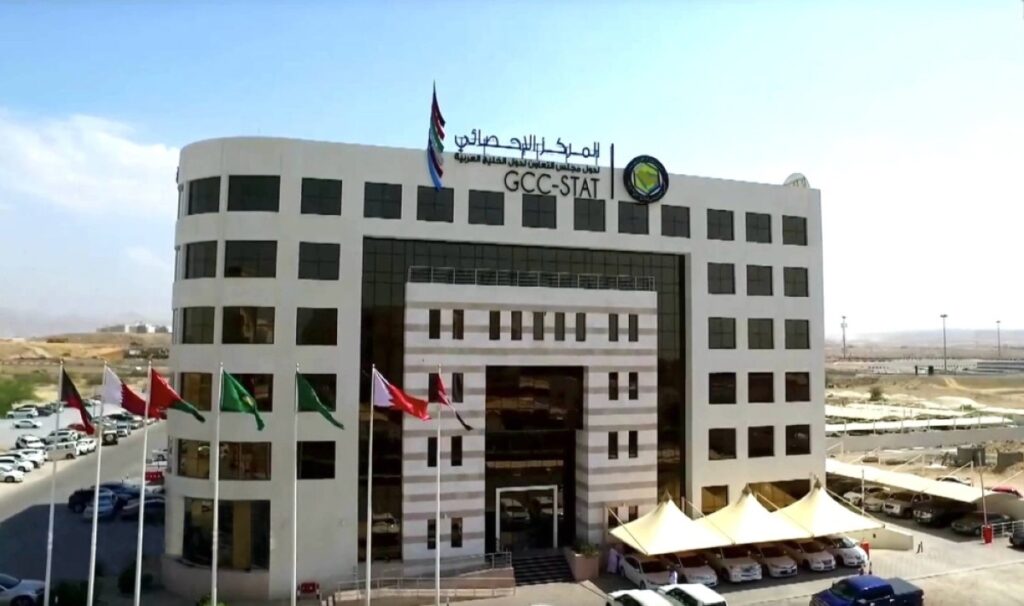KUWAIT: The Circular Carbon Economy (CCE) Index in GCC states registered notable progress in 2024, with the overall regional average climbing to 41.5 points, up from 37.7 points in 2023, according to figures released by the Statistical Center for the Cooperation Council for the Arab States of the Gulf (GCC-Stat). The data showed that three GCC states ranked among the top performers in the Middle East and North Africa (MENA) region. The CCE Index is a global benchmarking tool that evaluates the efforts of 125 countries in moving towards net-zero emissions. It assesses progress through a framework based on balancing emission mitigation technologies with enabling tools.
In the Performance Index, which measures the application of emission reduction technologies, GCC countries advanced to 35.8 points in 2024 compared with 29.7 points the previous year. They also improved in the Score Boosters Index, which evaluates readiness for low-carbon transition, scoring 47.2 points, up from 45.6 in 2023. GCC-Stat highlighted a qualitative leap in the region’s contribution to renewable energy development worldwide. The share of the GCC’s design capacity of renewable energy plants compared to global capacity rose to 0.43 percent in 2024, compared with 0.30 percent in 2015.
The GCC Supreme Council reaffirmed its commitment to the fundamental pillars of energy transition — energy security, economic growth, and climate change mitigation — through sustainable investment in hydrocarbon resources. It underscored that member states are advancing under the four principles of the circular carbon economy: reducing, reusing, recycling and removing emissions. Headquartered in Oman, GCC-Stat serves as the official statistical body for the bloc. It works to provide reliable data and information for member states while strengthening cooperation among national statistical and planning agencies. — KUNA

